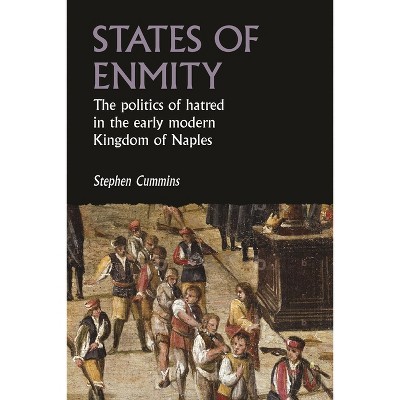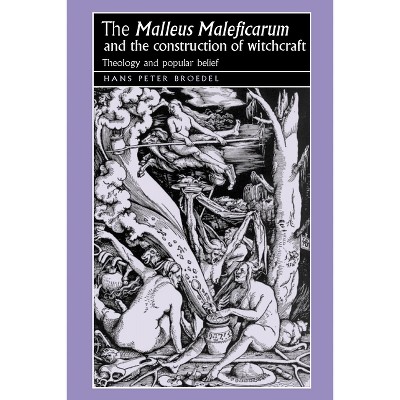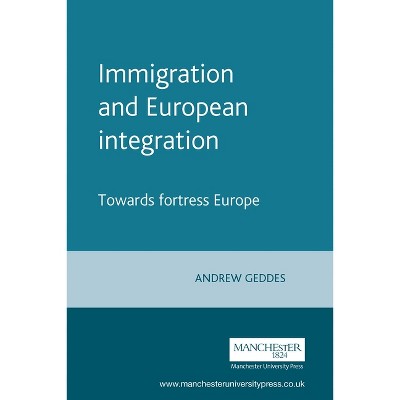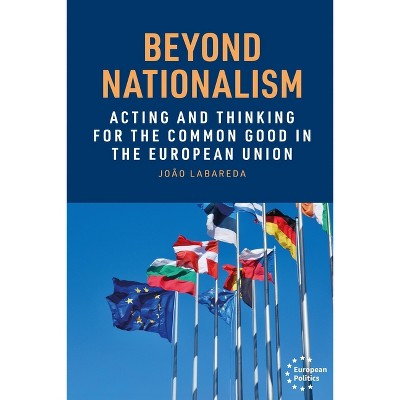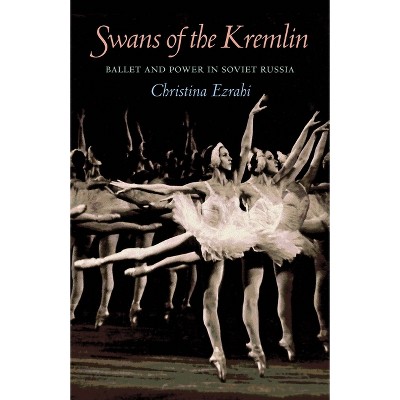Sponsored

The Anxiety of Sameness in Early Modern Spain - (Studies in Early Modern European History) by Christina H Lee (Paperback)
In Stock
Sponsored
About this item
Highlights
- This book explores the Spanish elite's fixation on social and racial 'passing' and 'passers', as represented in a wide range of texts.
- About the Author: Christina H. Lee is Associate Professor of Spanish and Portuguese at Princeton University
- 264 Pages
- History, Europe
- Series Name: Studies in Early Modern European History
Description
About the Book
The author examines a very broad range of fiction and non fiction works, many relatively unknown, to analyse how discourses about non-elites, conversos and moriscos, reveal anxieties in their Old Christian readers and authors.Book Synopsis
This book explores the Spanish elite's fixation on social and racial 'passing' and 'passers', as represented in a wide range of texts. It examines literary and non-literary works produced in the sixteenth and seventeenth centuries that express the dominant Spaniards' anxiety that socially mobile lowborns, Conversos (converted Jews), and Moriscos (converted Muslims) could impersonate and pass for 'pure' Christians like themselves. Ultimately, this book argues that while conspicuous sociocultural and ethnic difference was certainly perturbing and unsettling, in some ways it was not as threatening to the dominant Spanish identity as the potential discovery of the arbitrariness that separated them from the undesirables of society - and therefore the recognition of fundamental sameness.
This fascinating and accessible work will appeal to students of Hispanic studies, European history, cultural studies, Spanish literature and Spanish history.From the Back Cover
This book explores the Spanish elite's fixation on social and racial 'passing' and 'passers', as represented in a wide range of texts. It examines literary and non-literary works produced in the sixteenth and seventeenth centuries that express the dominant Spaniards' anxiety that socially mobile lowborns, Conversos (converted Jews), and Moriscos (converted Muslims) could impersonate and pass for 'pure' Christians like themselves.
Previous scholarship has postulated that the social energy that led to the widespread marginalisation of non-elites had its roots in the nobility's rejection of sociocultural and genealogical heterogeneity. This book makes a key intervention in this discussion by proposing that there was a parallel phenomenon at play during early modernity: the anxiety of sameness. It argues that while conspicuous sociocultural and ethnic difference was certainly perturbing and unsettling, in some ways it was not as threatening to the dominant Spanish identity as the potential discovery of the arbitrariness that separated them from the undesirables of society - and therefore the recognition of fundamental sameness. The book provides fresh readings of the works of Cervantes, Lope de Vega and Quevedo, as well as analyses of lesser known works, such as joke books, treatises, genealogical catalogues and documentary accounts. This fascinating and accessible work will appeal to undergraduate students and seasoned scholars alike, in the fields of Hispanic studies, European history, cultural studies, Spanish literature and Spanish history.Review Quotes
'This fascinating work, the fruit of many years of research, will be of enormous interest to researchers and students...Lee's book is a welcome addition to the field of early modern studies in general and early modern Spanish history in particular.'
François Soyer, University of Southampton, Journal of Interdisciplinary History, Volume 47, Number 4, Spring 2017
Jason D. Busic, Denison University, Journal of Social History
About the Author
Christina H. Lee is Associate Professor of Spanish and Portuguese at Princeton UniversityShipping details
Return details
Trending Non-Fiction






